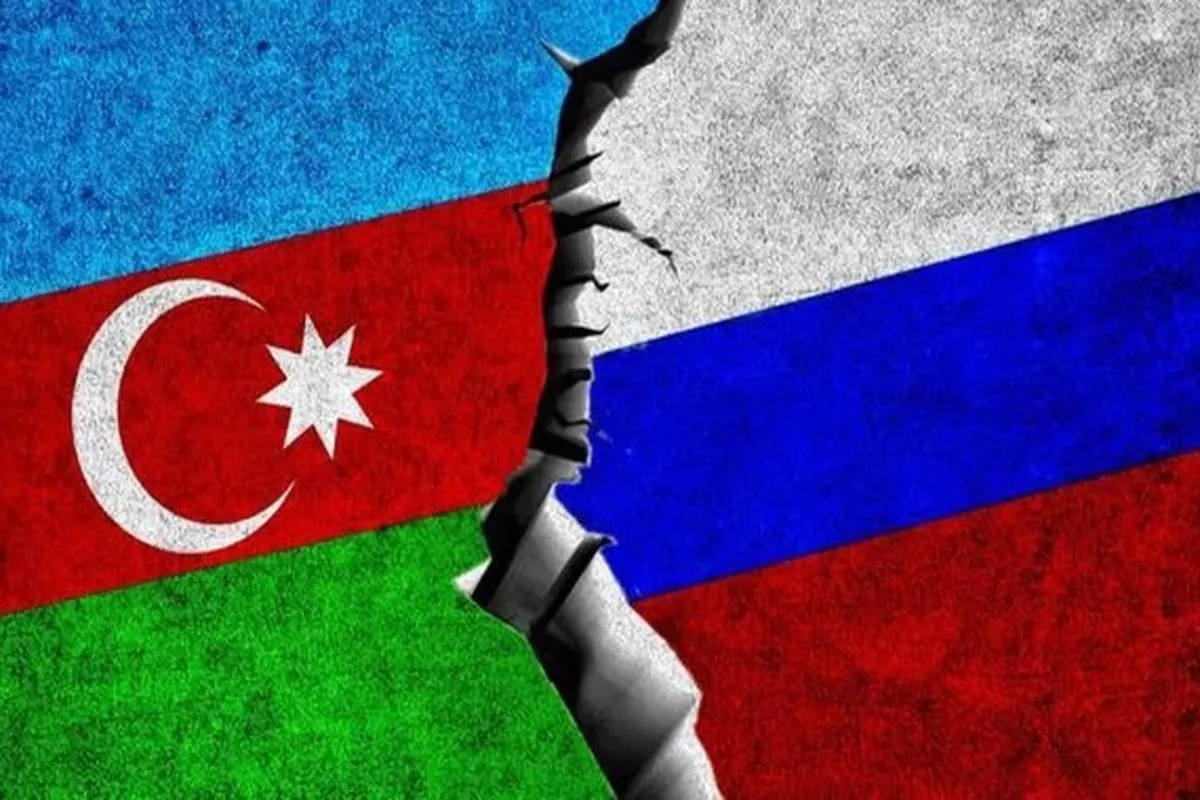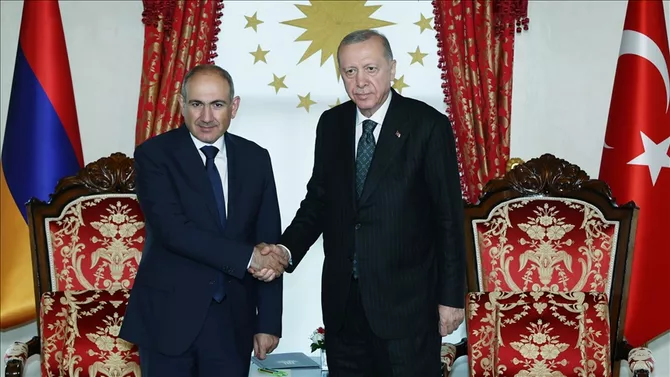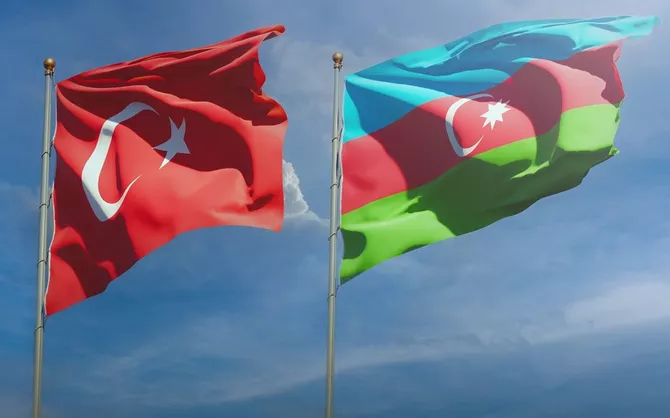
Photo: TASS
In recent months, relations between Azerbaijan and Russia have grown increasingly strained. Beneath the surface of diplomatic formality lies a complex geopolitical struggle centered on control over key transport routes and participation in global initiatives-most notably, China’s ambitious Belt and Road Initiative (BRI).
Azerbaijan today holds one of the most strategic positions in this project, serving as a crucial transit hub connecting China with Europe and the Middle East. Of particular importance in this context is the anticipated launch of the Zangezur Corridor, the final missing link in the creation of a direct overland route from Asia to Europe. The corridor is expected to open in the near future.
On June 27, Armenian Prime Minister Nikol Pashinyan paid a visit to Türkiye-despite the absence of formal diplomatic relations between the two countries-and held talks with President Recep Tayyip Erdoğan. The central topic of these talks was the Zangezur Corridor.

Photo: Anadolu Agency
It appears that the two sides reached a preliminary understanding under which Armenia would unblock the corridor based on the "Kaliningrad transit model." This would allow uninterrupted movement of goods and people between mainland Azerbaijan and its exclave, the Nakhchivan Autonomous Republic, via Armenia’s Syunik region-without customs inspections, in accordance with international transit agreements. This arrangement is clearly advantageous for both Azerbaijan and Türkiye, as it would establish a direct and secure connection between the two allied nations.
However, Iran strongly opposes this plan and is promoting an alternative transit route that would pass through its own territory. Such a route would bolster Tehran’s economic and political leverage in the region but runs counter to the strategic interests of Baku and Ankara.
Adding to the tensions are recent developments in Armenia, where authorities have initiated criminal proceedings against former National Security Service chief Artur Vanetsyan, General Karapetyan, and several clerics. Many experts interpret these actions as signs of a broader effort to eliminate pro-Russian elements within the Armenian establishment and accelerate Yerevan’s political realignment toward the West and closer regional cooperation with Türkiye.
Against this backdrop, Russia is taking steps to obstruct the development of the Belt and Road Initiative in the South Caucasus by advancing its own alternative: the North-South Transport Corridor. This route is intended to run through Azerbaijan, Iran, and India, linking Russia to the markets of South Asia. Moscow has already proposed that Georgia join the project, with specific reference to the development of the Anaklia port on the Black Sea-currently under effective Chinese control.
In essence, all major developments currently unfolding in the South Caucasus-from high-level diplomatic visits to high-profile arrests-are tied to the broader contest over Eurasia’s future logistical architecture. Control over these corridors represents not only economic prosperity but also far-reaching political influence.
While an outright military confrontation between Russia and Azerbaijan remains unlikely-neither Moscow nor Baku is interested in open hostilities-diplomatic and political tensions are expected to rise. It is entirely plausible that Azerbaijan may reconsider or even annul the Declaration on Allied Interaction signed with Russia in 2022, and continue to deepen its military partnership with Türkiye.

Photo: Flickr
The possibility of a so-called “Special Military Operation 2” against Azerbaijan can be ruled out. If Russia were to resort to military action in the region, it would most likely occur through Georgian territory and target Armenia, not Azerbaijan. Baku is well-armed, closely allied with Türkiye, and increasingly influential on the international stage.
Share on social media